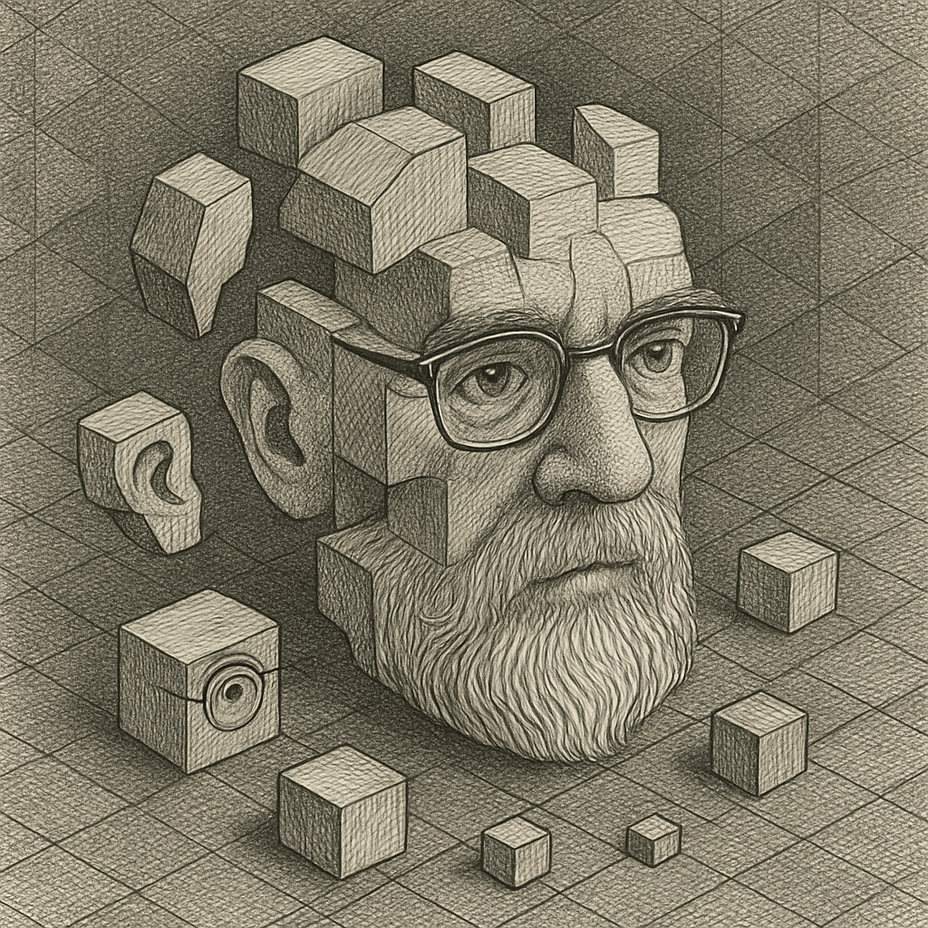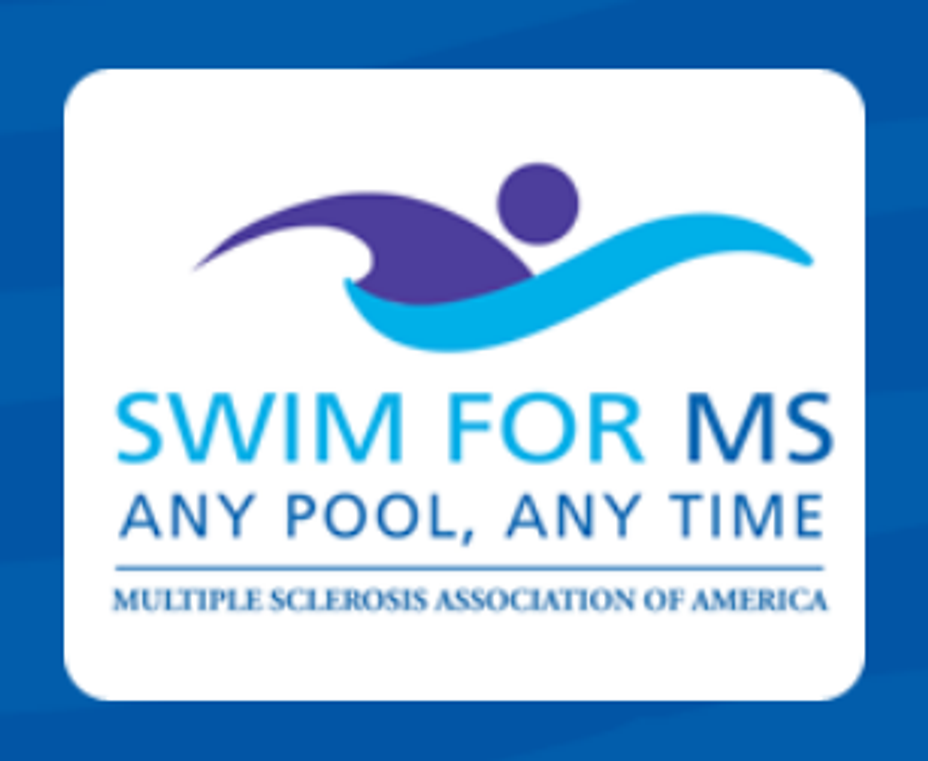Why My GAD Loves to Argue With Me and My Mind
If there were a gold medal for overthinking, my Generalized Anxiety Disorder would’ve framed it and hung it right above my bed just to remind me I’m never off-duty. My GAD doesn’t live in my head rent-free; it pays rent in criticism, always on time, and always in my own voice.
If anxiety had a desk, mine would have spreadsheets, caffeine stains, and a few bunch of boxes labeled URGENT all over my desk. My GAD doesn’t rest, it runs a 24-hour news channel in my head, sponsored by panic and powered by “what ifs.”
The Argument:
Picture this: me, trying to relax. Maybe a cup of tea, maybe a quiet evening. Then GAD kicks open the mental door like an uninvited lawyer.
Me: “Everything’s fine.”
GAD: “Define fine.”
Me: “No one’s mad at me.”
GAD: “You sure? That text with the period instead of the exclamation point begs to differ.”
Me: “They were probably just tired.”
GAD: “Or plotting your emotional downfall. Flip a coin.”
By this point, my mind joins the courtroom drama. The Mind tries to play mediator, but it’s like watching a referee with no whistle.
Mind: “Okay, both of you calm down.”
GAD: “You calm down, Brain-boy. You’re the one who scheduled five backup plans for one conversation.”
Mind: “That was you!”
Me: “Can I get a moment of peace?”
GAD: “You could… if you planned it better.”
Then they went into a heated debate.
Me: “Okay, deep breath. It’s fine. The government shutdown will end eventually.”
GAD: “Oh? You mean that thing holding your paycheck hostage? Yeah, sure. ‘Eventually.’ Maybe by the time your grandkids can vote.”
Mind: “We’ve been through this before, remember? Budget cuts, furloughs, you adapted.”
GAD: “Adapted? You call late-night ramen and existential dread adapting?”
Me: “Let’s just focus on budgeting better this time.”
GAD: “Oh perfect, let’s play financial Tetris with your dignity again.”
Mind: “You’re fine. You’ve got savings.”
GAD: “Savings? You mean that lonely twenty-dollar bill with separation anxiety?”
Me: “At least I’m doing all this for my kids’ future.”
GAD: “Their what? The one you can’t control because the world’s on fire, tuition’s absurd, and apparently AI is taking everyone’s job?”
Mind: “Calm down. They’ll be okay. You’re teaching them resilience.”
GAD: “Resilience? They’re learning from you! The human stress ball!”
The Twist:
Sometimes I swear my GAD and my Mind have a secret group chat where they roast me. The Mind brings logic; GAD brings fireworks. Together, they form the world’s most exhausting improv duo.
And just when I think I’ve won when the breathing exercises and herbal tea are working, GAD smirks.
“Congrats on relaxing. You’re doing it wrong.”
At this point, I’ve accepted we’re an eternal trio. Me, my Mind, and my GAD, like a dysfunctional family sitcom where no one ever moves out. I don’t always win the arguments, but I’ve learned one thing: if you can’t shut anxiety up, at least make it laugh.
I’ve realized my head isn’t a conversation held in small cafe table, it’s a massive knights’ roundtable. My GAD runs the fear campaign, my Mind moderates with fake neutrality, and I’m just trying to sip tea without crying into it.
There’s no winner here, only reruns. But maybe that’s the trick, acknowledge the chaos, laugh at it, and keep going. Because even if my brain’s a battlefield, at least I’ve learned to fight with humor instead of surrender.
Final Thought: “My anxiety doesn’t ruin conversations. It just holds a mandatory post-meeting analysis that lasts six hours.”
My GAD doesn’t argue to win, it argues to remind me the apocalypse might be on sale, and I forgot my coupon.




